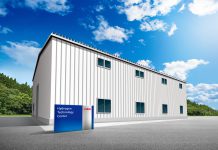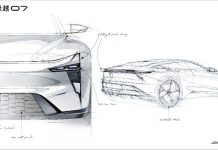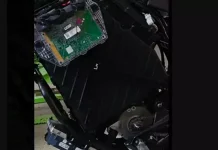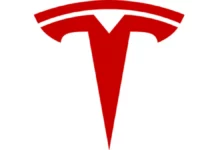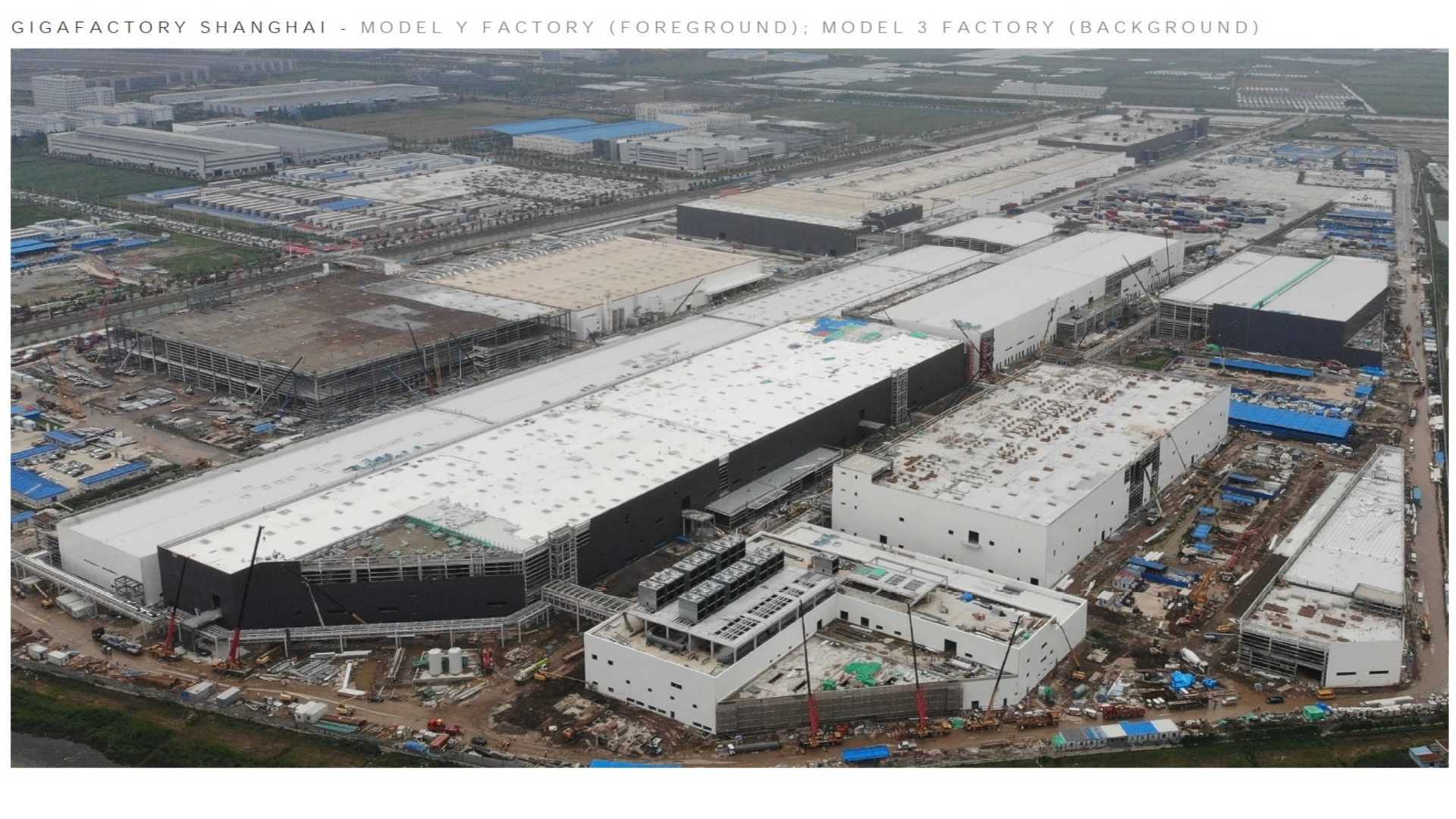Tesla has laid off some workers from the battery manufacturing line at its Giga Shanghai factory in China.
Here are some of the key features of Tesla Giga Shanghai:
- Giga is one of Tesla’s largest factories globally, with a capacity to roll out about one million electric cars annually.
- It is the centrepiece of the company’s global operations, as over half of all Teslas sold worldwide were manufactured in Giga Shanghai.
- The factory’s Q2 2023 output hit a new record in China after the brand sold 247,217 units between April and June 2023.
- The company also set a new quarterly record for global sales after selling 466,140 units of the Model 3, Model Y, Model S, and Model X.
- Part of the sales growth can be attributed to the aggressive price cuts that started early this year, causing turmoil in the Chinese car market.
- Yesterday, 16 brands, including Tesla, pledged to restore a fair market framework.

Unclear reason
The exact reason behind the layoffs is unclear, and the number of workers affected has not been specified. However, Tesla reportedly offered some workers the option to transfer to different workshops within the factory.
The Giga Shanghai facility is one of Tesla’s largest factories globally, employing around 20,000 staff and having the capacity to produce approximately one million electric cars annually. Over half of all Teslas sold worldwide were manufactured at Giga Shanghai.

Battery modules
Battery modules from LG Energy Solution Ltd. and CATL, which are used in Model 3 and Model Y variants, are assembled at the Giga Shanghai battery workshop. There have been reports that Tesla plans to incorporate automated machinery on the battery line, which could be a reason for the reduction in human labour.
Expansion plans
Tesla’s expansion plans at Gigafactory Shanghai hit a bureaucratic roadblock after concerns of oversupply and the effects of the price war. However, the factory’s Q2 2023 output hit a new record in China after the brand sold 247,217 units between April and June 2023. The company also set a new quarterly record for global sales after selling a combined 466,140 units of the Model 3, Model Y, Model S, and Model X.

Pros of Tesla’s operations at Giga Shanghai:
- Increased production capacity: Giga Shanghai allows Tesla to significantly increase its production capacity, producing up to one million electric cars annually. This helps meet the growing demand for electric vehicles in China and globally.
- Localization: Manufacturing vehicles in China helps Tesla localize its production and reduce costs by avoiding import tariffs and shipping expenses. This enables Tesla to offer more competitive prices in the Chinese market.
- Market access: Giga Shanghai gives Tesla direct access to the world’s largest automotive market. By producing vehicles locally, Tesla can better cater to Chinese consumer preferences and regulations, enhancing its competitiveness.
- Positive energy and workforce: Tesla CEO Elon Musk has praised Giga Shanghai’s workforce’s positive energy and dedication. This highlights the employees’ strong work ethic and commitment, which can contribute to the overall success of Tesla’s operations in China.

Cons of Tesla’s operations at Giga Shanghai:
- Layoffs and job uncertainty: The recent layoffs at the Giga Shanghai battery manufacturing line may indicate job insecurity for some workers. Layoffs can negatively impact employee morale and create uncertainties among the workforce.
- Dependence on Chinese suppliers: While Giga Shanghai benefits from localized production, it also means that Tesla relies on Chinese suppliers for key components, such as battery modules. Any disruptions in the supply chain or quality issues could impact production and delivery timelines.
- Bureaucratic obstacles: Tesla’s expansion plans at Giga Shanghai faced bureaucratic roadblocks, indicating challenges in navigating regulations and obtaining necessary approvals. Such obstacles can slow expansion efforts and hinder the company’s growth plans.
- Price war and oversupply concerns: The ongoing price war in the Chinese car market and concerns about oversupply have affected Tesla’s expansion plans at Giga Shanghai. Aggressive price cuts by Tesla and other automakers have caused turmoil in the market, impacting profitability and raising concerns about the sustainability of growth in the long term.

Conclusion
Tesla’s operations at Giga Shanghai have both positive and negative aspects. On the positive side, Giga Shanghai allows Tesla to increase its production capacity, localize its manufacturing, access the Chinese market directly, and benefit from its workforce’s positive energy and dedication. These factors contribute to Tesla’s ability to meet the demand for electric vehicles in China and enhance its competitiveness.
Challenges
However, there are also challenges and drawbacks. The recent layoffs indicate potential job insecurity and uncertainties for workers. Dependence on Chinese suppliers and potential disruptions in the supply chain pose risks to production and delivery.

Bureaucratic obstacles have slowed down Tesla’s expansion plans, and the ongoing price war and concerns about oversupply in the Chinese car market have impacted profitability and raised long-term sustainability concerns.


